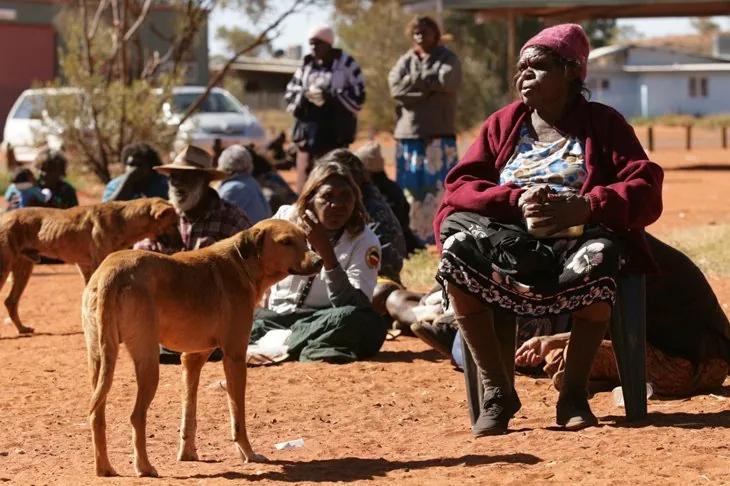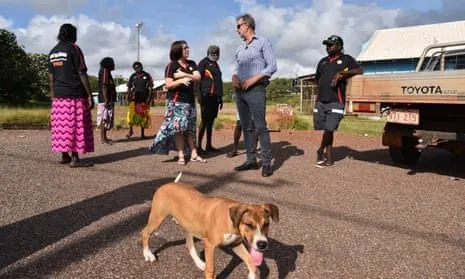Thousands of Indigenous Australians Launch Scathing Class Action Against ‘Discriminatory’ Work for the Dole Program
- Indigenous Australians claim the Community Development Program (CDP) unfairly targeted remote communities, forcing participants to work more hours for the same payment.
- The program allegedly created a discriminatory dole system, with participants in remote areas working 50 hours a fortnight compared to 30 hours in metro areas.
- The class action lawsuit, filed in the Federal Court, accuses the government of breaching discrimination laws and recalls racist stereotypes.
A landmark class action lawsuit has been launched against the federal government, accusing it of discriminating against Indigenous Australians through its contentious Work for the Dole program. The lawsuit, filed in the Federal Court, takes aim at the Community Development Program (CDP), which allegedly created a discriminatory dole system that unfairly targeted remote communities.
According to the claimants, participants living in remote communities were forced to work 50 hours a fortnight to receive the same payment as those in metro areas, who only had to work 30 hours. This, combined with the harsh conditions and lack of job opportunities in regional areas, resulted in the suspension of payments for many participants.
Baru Pascoe, a Yolngu elder from Maningrida in the Northern Territory, described the impact of the program on his community as “like a cyclone”. He said, “It was rolled out and a lot of people suffered or were confused, stressed, traumatised. A lot of people had nightmares, even getting sick.”
Maurice Blackburn Principal Lawyer Miranda Nagy said, “This case is about justice and accountability. The CDP was a deeply flawed program that unfairly targeted Aboriginal and Torres Strait Islander people and recalled racist stereotypes, describing them as ‘idle’ and needing enforced daily activities.”

The lawsuit alleges that the government breached discrimination laws by targeting remote communities, mostly populated by Indigenous groups, and demanding more of First Nations people than those in cities. The claimants are seeking compensation for the millions of additional hours worked and the disproportionate penalties handed down.
The case has sparked widespread outrage, with many calling for the government to take responsibility for the harm caused by the program. As one claimant said, “The government was creating a mess in the community, and the blackfellas were cleaning up the government’s mess.”

